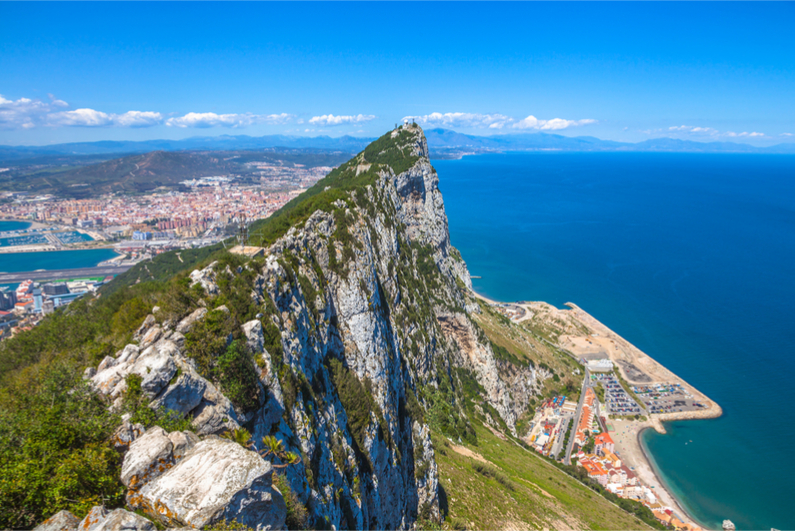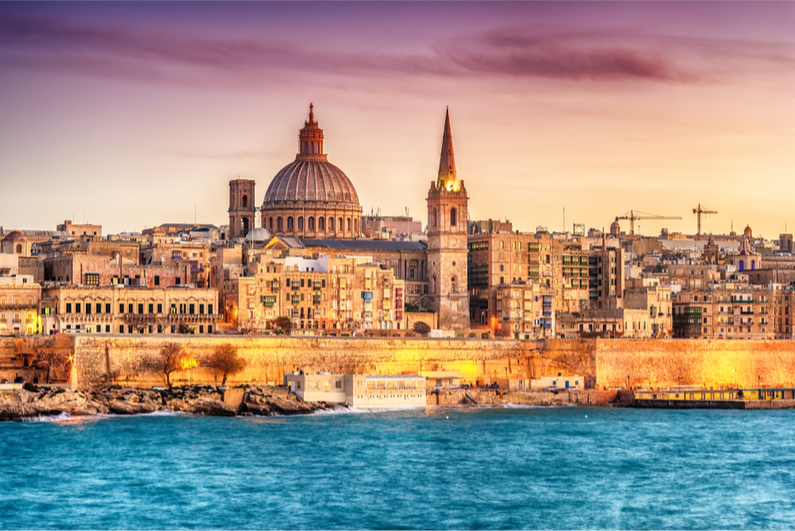With Bet365 saying it’s merely expanding in Malta and not quiting its home in Gibraltar, we take a look at the side-by-side pros and cons of each country.
As one of the world’s leading online gaming operators, Bet365 generated revenue of £2.28bn ($2.28bn) in 2017, so while governments in both countries wait to see which one the company will call home, Gina Clarke looks at the differences between the two options.
Malta
Bet365 has confirmed its plans to expand its presence in the country, and the company is believed to have bought additional property in Sliema, Malta. However, any agreement wouldn’t become active until Britain leaves the European Union on March 29, 2019.
Responding to the speculation, Bet365 released the following statement:
“We are taking additional property space and looking to recruit additional personnel in Malta to support our online operations and will also be expanding our infrastructure capabilities there. It should be noted, however, that the number of people reported as being relocated to Malta are wholly inaccurate.”
- Malta has a robust regulatory system for iGaming
- Regulated by the Lotteries and Gaming authority, companies benefit from efficient and pragmatic regulation of the industry
- Maltese licenses are renowned and trusted by consumers
- Malta’s government openly supports business growth in the country
- The country benefits from good connectivity and modern infrastructure
- Licensing procedures are clear and standardized
- The Maltese government is working to protect the legal benefits it can offer to iGaming companies
- Gaming accounts for 12% of Malta’s economy
- The Maltese government is building SmartCity, a hub for online companies based in the country
Malta is part of a beautiful cluster of islands located in the center of the Mediterranean Sea. The island boasts beautiful scenery thanks to its mix of dark blue sea and golden beaches along with historic architecture. The Maltese people are renowned for being friendly and welcoming, and the island itself has a rich history that it shares through its architecture and many museums. In the summer months, it hosts a wide range of concerts and festivals, many of which lend a nod to its cultural heritage.
The Mediterranean also offers a variety of activities for visitors and locals to enjoy, including sailing and diving, and an annual Pageant of the Seas, which brings magnificent ships to the island’s shores.
Malta has an international airport that offers connections to Europe and further afield, with flights regularly connecting the island with Dubai and Tunis amongst others. This, paired with the island’s GMT+1 time zone, also makes it a favorite place for companies to establish their headquarters.
However, the country has had its gambling culture thrust into the spotlight recently. Some might say that its reputation has been damaged after recent Mafia funded gambling revelations by the Italian press. A spokesperson for the Malta Gaming Authority refused to comment on such matters, stating that the MGA categorically denied accusations that it had not communicated with the Italian authorities.
 Gibraltar
Gibraltar
According to the minister for gambling, Albert Isola, issues over Brexit are nothing but a small fly to swat where possible. He confirmed that “bet365 remains committed to its Gibraltar operations and workforce”. He added that the Gibraltar government was confident of securing a positive outcome for all enterprises as the UK withdraws from Europe.
The ongoing Brexit negotiations have seen the European Court of Justice (ECJ) confirm that the UK and Gibraltar will be treated as a “single entity” with regards to providing business services and transactions.
- Gibraltar offers licenses for online casinos, betting exchanges, remote gambling and telephone operated gambling
- Currently, around 30 iGaming firms are headquartered there
- Licenses are granted under Gambling Act 2005 and regulated by the UK gambling commissioner
- Gaming tax is calculated at 1% of company’s turnover but is capped at £425,000 ($484,506)
- Internet casinos are offered a tax levy of 1% on gross profit as opposed to turnover
- Remote gambling licensees’ products must be tested in line with Gibraltar’s regulatory standards
- Gibraltar’s licensee guidelines set out clear standards for advertising iGaming services, with a focus on these not being promoted to minors
- KPMG forecasts a strong future for iGaming in Gibraltar thanks to the government’s willingness to adapt to the market
- Phill Brear, Gibraltar’s gaming commissioner, works closely with market leaders to ensure the territory remains welcoming to iGaming companies and investors
Gibraltar is a small peninsula located off the southern border of Spain, with a territory of only 2.6 square miles. A popular tourist destination, the country’s economy is now dominated by online gambling and financial services. The region is one of the most densely populated areas in the world, with 12,840 inhabitants per square mile. However, many people also drive to the peninsula from Spain on a daily basis to work for one of the many companies headquartered there.
Gibraltar also has an international airport with regular flights to UK cities including London and Manchester, making access to the area easy for business people and tourists alike. With its fish & chip shops and red post boxes, it has been described as a part of England tacked on to the edge of Spain, but with the addition of its infamous monkeys and a far more agreeable climate.
Safe to say, it isn’t all that similar once you look a little closer. Gibraltarians speak both English and Spanish and often swap between both languages mid-sentence, but the fact that both languages are spoken in the territory is excellent for international trade.
The end of Gibraltar?
While bet365 has confirmed that it is not leaving Gibraltar “by any stretch of the imagination”, the news will cause worry for some operators. The gambling minister believes that Gibraltar will remain a preferred destination for significant gambling companies despite Brexit, but with the fate of the British Overseas Territory still unclear, it’s certainly something to watch out for.
And if the company were to move some 1000 employees to the Mediterranean island, would they still go with them?



